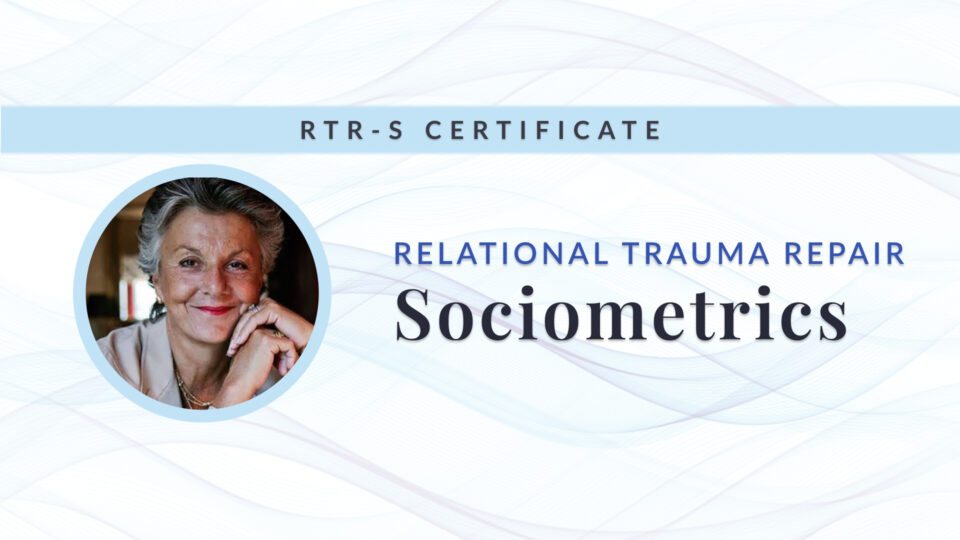
The Grief Map, Disenfranchised Losses Floor Check, and Experiential Letter Writing
Information
Date & Time
-
-
Learning Objectives
Participants will be able to:
-
Create a protocol for incorporating experiential letter writing into treatment.
-
Define disenfranchised loss.
-
Describe a grief map and explain how it can be used in treatment.
-
Identify what experiences clients might be avoiding in their lives due to unresolved grief and trauma.
Description
Experiential letter-writing, is the easiest way to incorporate role play into your practice or group. After “writing a letter” the part of self, other person, object, period of life, or personal trait (e.g. addiction) can be embodied by using an empty chair or role player to represent them.
Embodying a loss allows clients to move the loss from being locked within the self to placing it outside the self where it can be looked at more objectively. Clients can speak “to” and then reverse roles and speak “as” that person or part. The simple movement in and out of this inner state makes the loss feel less “sticky” inside the self and provides space and perspective.
While loss is a natural part of life, the types of losses we encounter through addiction, relational trauma, and adverse childhood experiences can feel hidden and unworthy of attention. These losses can lack visibility and clarity. They are hidden and oftentimes remain unseen or misread by others. And there can be confusion as to exactly who or what has been lost or whether there is a loss at all. The very fact that they remain buried, unrecognized and unsupported, can complicate mourning and block our process of healing. Grieving these kinds of losses experientially can bring about change on the inside that leads to change on the outside. Mourning a loss of a connection to self, to someone significant, to a period of life, to addiction and/or dysfunction is an important part of healing from adult relational trauma.
Target Audience
- Counselor
- Marriage & Family Therapist
- Social Worker
- Substance Use Disorder Professionals
Presenters
Tian Dayton, Ph.D., is a Senior Fellow at The Meadows and a nationally renowned speaker, expert, and consultant in trauma, addiction, and psychodrama. Dr. Dayton is the director of The New York Psychodrama Training Institute and author of 15 books, including the soon-to-be-released Treating Adult Children of Relational Trauma, Sociometrics, Emotional Sobriety, The ACoA Trauma Syndrome, and others. A board-certified trainer in psychodrama, sociometry, and group psychotherapy, she’s spent her decades-long career adapting psychodrama and sociometry for work specifically with relational trauma and addictions. Her trademarked processes, Relational Trauma Repair/RTR-SOCIOMETRICS, are used nationally and worldwide. Dr. Dayton is a fellow of the American Society of Psychodrama, Sociometry and Group Psychotherapy ASGPP, winner of the Lifetime Achievement Award, their Scholar’s Award, the President’s Award, and former editor-in-chief of the Journal of Psychodrama, Sociometry and Group Psychotherapy. She also won The Marty Mann Award, The Mona Mansell Award, and The Ackermann Black Award. Dr. Dayton earned her masters in educational psychology and Ph.D. in clinical psychology. She served on the faculty at NYU for eight years and has appeared as a guest expert on NBC, CNN, MSNBC, and other major media outlets.
Financially Sponsored By
- Relational Trauma Repair (RTR)
